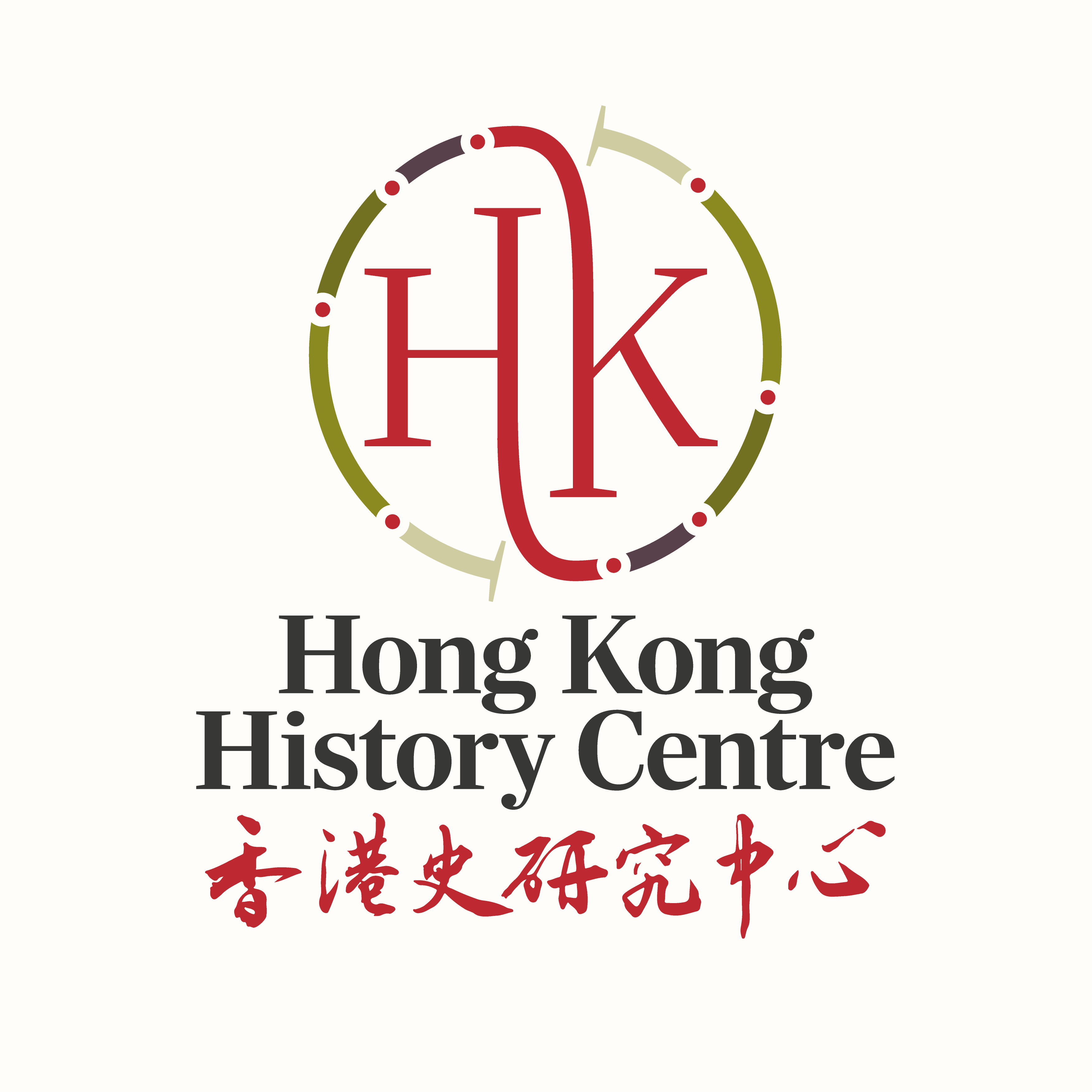This week we have a freshly minted Dr. to tell us about his way into Hong Kong history. James Fellows just finished his PhD on issues of free trade in Hong Kong and decolonization at Lingnan University in Hong Kong a few months ago. Here is James generously sharing with us some of his research findings and his future research plan:
I stumbled into Hong Kong history by way of my research into an incident in British-Chinese diplomacy. For my MA thesis, which I completed at the University of York, I started by investigating Britons in China during the Cultural Revolution. In doing so, I learned of the case of Anthony Grey – a Reuters journalist who had been imprisoned in Beijing from 1967 to 1969. Although his arrest was a diplomatic matter for the Chinese and British governments, I discovered that his imprisonment was in retaliation for the arrest of communist journalists in Hong Kong, for their alleged part in the 1967 disturbances in the colony. The Hong Kong government were therefore embroiled in the issue, and it became not just a matter of negotiation between Britain and China, but between the British and Hong Kong governments. British diplomats stationed in China urged concessions for the sake of Grey, but the colonial government – having been given complete autonomy to handle the disturbances – were unwilling to overturn the arrests. The British government, under strain to secure Grey’s release, pressured Governor David Trench to reduce the sentence of a jailed journalist in Hong Kong, following indications from Beijing that this would bring Grey’s freedom.
The thesis, which became a journal article, ultimately used the case as a means to understanding colonial autonomy, and the nature of Hong Kong’s relationship to Britain at a time when the empire was unwinding. This was an area of enquiry I wished to continue with. With a background also in economics, I formed an interest in Hong Kong’s postwar textile industry, and how its success brought a protectionist backlash as countries scrambled to defend their own industries from what they deemed as unfair competition from Hong Kong – they argued through sweatshop labour and the mislabelling of goods produced across the border. I felt the topic was underexplored, given the importance of the textile industry to Hong Kong’s postwar economic boom, and the fact that quotas became a consistent feature of the colony’s postwar experience. Of particular interest to me was the fact that Britain was the first to impose restrictions – albeit using a “voluntary” agreement – from 1959. My PhD thesis, which I recently finished at Lingnan University in Hong Kong, uses the textile restrictions, along with other issues such as British attempts to enter the European Economic Community from 1961, as a means for exploring the relationship between trade and decolonisation from the 1950s to the 1980s. I argue that the divergence of Hong Kong’s and Britain’s economic interests, and the autonomy sought by the colony to safeguard their own interests in response, showed that imperial ties weakened even as Hong Kong remained politically subordinate to Britain.
As decolonisation is not always a tangible process or one reflected in policy changes, but also in the attitudes of colonial officials or others with authority, I was keen to analyse the rhetoric surrounding these issues. This is also led to the tracing of how certain narratives regarding Hong Kong’s economy and its governance proliferated and became entrenched. Hong Kong’s government and business groups employed public relations initiatives and commercial diplomacy in attempts to reduce barriers to trade, and maximise access to export markets. Their efforts produced conceptualised images of Hong Kong, including the fundamental importance of free trade to Hong Kong’s economic wellbeing and political stability. Yet these narratives also served to legitimise the colonial government: the colonial government’s commitment to economic and social non-intervention – with a few key exceptions such as refugee resettlement – is posited as having underpinned Hong Kong’s success not only as a trading post, but also as a manufacturing base.
The final chapter of my thesis is an investigation into the how the pending expiry of the New Territories lease was approached in Hong Kong. I argue that China’s market reforms and Hong Kong’s role in the economic transformation of Guangdong were highly pertinent to how the issue of the lease expiry was approached, and that economic reorientation towards China combined with Hong Kong’s high degree of autonomy made the prospect of a transfer of political power less dramatic than it may have otherwise been. The issue of Hong Kong’s economic integration with mainland China, which has accelerated since 1997, is one with a great deal of contemporary relevance; some in Hong Kong have pointed to the social consequences of this process for Hong Kong residents, and its implications for Hong Kong’s autonomy in relation to Beijing. It is this area that I hope to do further research. If given the chance I hope to investigate the spread of Hong Kong’s cross-border economic flows from the 1980s onwards, as a means to understanding both the transition period and the importance of these developments to current issues for Hong Kong.
Are you also an ECR/postgraduate hoping to let the wider community know about your work on Hong Kong history? If you’re interested in contributing, please write to Vivian Kong (vivian.kong@bristol.ac.uk) for more details!







